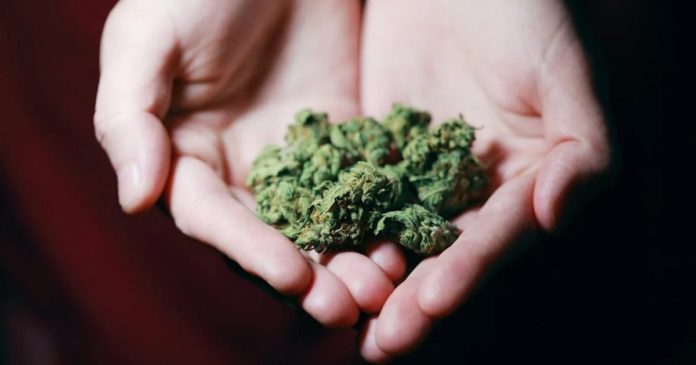A Canadian cannabis patient survey reveals many respondents reported symptom improvement and reduction in their use of prescription opioids, alcohol, tobacco, and other substances.
The Canadian Cannabis Patient Survey (CCPS) 2021* was completed by 2,697 patients with a mean age of 54.3 years. Analysis of CCPS 2021 revealed of the 53.8% reporting lifetime use of alcohol, 38% reported a reduction in alcohol use and only 9.1% reported an increase.
In terms of lifetime use of tobacco/nicotine, 23.8% reported a decrease in use in the past year. Similar to alcohol, the proportion of respondents reporting a reduction in nicotine use decreased with age.
“Given the significant rates of morbidity and mortality associated with both alcohol and/or tobacco/nicotine use in Canada and around the globe, the 38% of respondents that reported declines in alcohol use and the nearly one-quarter of patients using tobacco/nicotine that reported a reduction in use in the present study may represent a significant public health impact,” stated the researchers.
Among all patients who reported past-year prescribed opioid use, 53.8% indicated a decrease over the past year. Among all patients who reported past-year prescribed non-opioid pharmaceutical use, 32.4% reported decreasing their use over the previous 12 months and just 5.8% an increase in use.
With regard to unregulated substances, just 4.1% of respondents reported lifetime use, with 49% of this group reporting a reduction in use over the past year. Age-related differences in past-year changes in unregulated substance use were not apparent.
“With so few patients reporting increases or initiation of use, our data suggests that transitions towards higher risk substance use patterns are unlikely to be exacerbated by the use of medical cannabis.”
The analysis also found older patients preferred oral routes of administration, such as oils, with high cannabidiol (CBD) and low tetrahydrocannabinol (THC) concentrations. Younger patients preferred inhalation products (e.g. vaping, smoking) with high THC and low CBD concentrations.
Chronic pain, arthritis, anxiety, and insomnia were the primary illnesses/symptoms for medical cannabis use.
The full report has been published in the journal Cannabis.
*Not to be confused with Health Canada’s Canadian Cannabis Survey (CCS), which kicked off in 2017 and is conducted annually. The CCPS was administered by Tilray, a licensed producer of medical cannabis.


